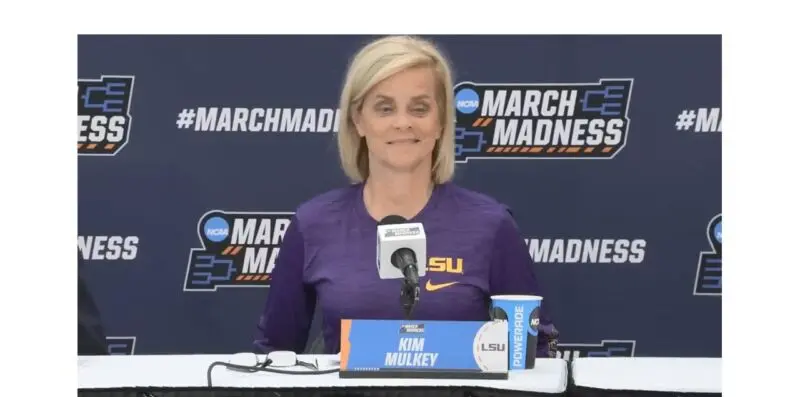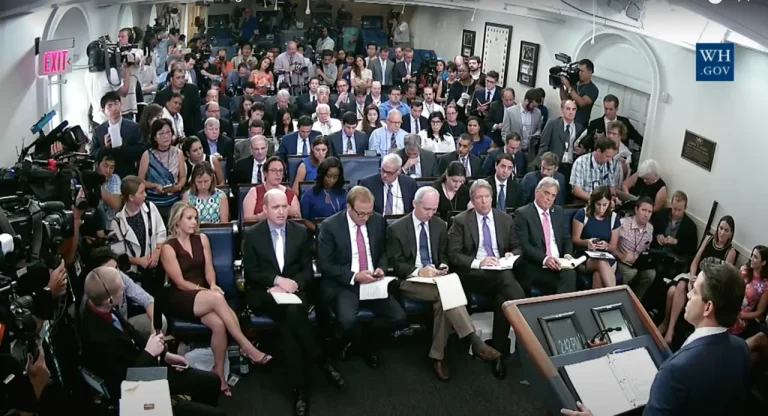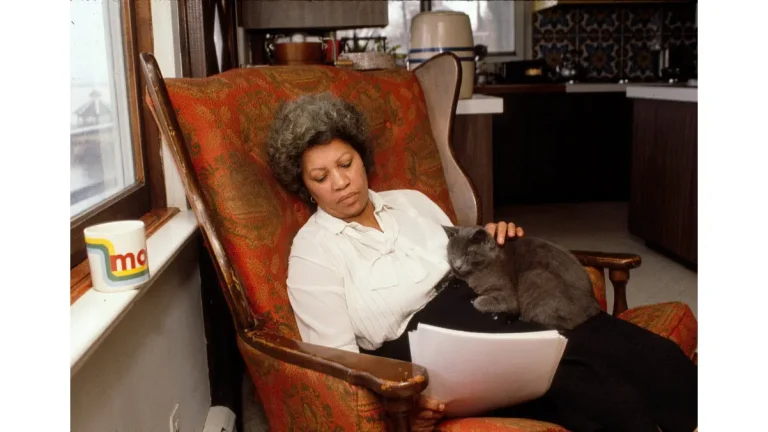Whipping Post: Kim Mulkey Takes on a Newspaper
Was the LSU basketball coach sending a message to her team or The Washington Post?
By Tom Corfman
As a basketball player and coach, Kim Mulkey has won seven national championships, success on the court that she brought to her battle with The Washington Post.
The coach of the Louisiana State University’s women’s team started the fight by lashing out at the newspaper on March 23, 2024, a week before it published, “The Kim Mulkey way: The LSU coach holds grudges, battles everyone — and keeps winning. But at what cost?”
The story was published as the LSU Tigers were in the midst of defending its 2023 NCAA championship, a quest that ended eight days later when the team lost to Iowa.
Even public relations experts who aren’t sports fans can learn by rethinking the questions Mulkey faced during the two years that the 7,400-word story was in the works, including: Should she talk to the reporter? And if not, should she have lawyers answer questions for her? Should she respond to a story she expected to be a “hit piece” before it was published? And if so, how best to respond?
We’ll provide a timeline so you can do just that. It’s simplistic to criticize Mulkey, as some pundits have. We think there was a method to her madness.
Opening salvo
Mulkey is as media savvy as any coach in big-time sports. As a star point guard at Louisiana Tech in the early 1980s, she won two national championships. She won a third title as an assistant coach there.
Her first head coaching job was in 2000 at Baylor University, where she won three more times. In 2021, she jumped to LSU, which last year won the NCAA tournament, beating the Iowa Hawkeyes. LSU then made her the highest-paid coach in women’s college when she signed a 10-year, $36 million contract.
This year, before her team’s second-round game in the NCAA tournament on March 23, Mulkey began a previously scheduled news conference about the game by disclosing that the Post story was in the works. She launched a four-minute attack on the Post and reporter Kent Babb, whom she did not name, for what she expected to be a “hit piece.”
“I’m fed up, and I’m not going to let The Washington Post attack this university, this awesome team of young women I have, or me without a fight,” Mulkey said angrily, according to a video. “I’ve hired the best defamation law firm in the country, and I will sue The Washington Post if they publish a false story about me.”
She complained about Babb’s “ridiculous deadline” and accused him of misleading some people into believing she was cooperating with him. Mulkey also said that Babb had promised anonymity to others if they would say negative things.
“These kinds of sleazy tactics and hatchet jobs” are the reason people distrust the news media, she added.
The Post and Babb, a 14-year veteran of the newspaper, have declined to comment. The story behind the story started two years earlier.
2000. Sometime during that year Babb approached Mulkey about an interview, she said during the news conference. He’s a sports feature writer for the newspaper and the author of two books.
She refused, and he spent “two years of trying to get me to sit with him for an interview,” she said.
Mulkey said she kept tabs on Babb’s reporting as he contacted former assistant coaches and players.
March 19, 2024. Babb sends more than a dozen written questions to LSU, “demanding a response” three days later, hours before the start of LSU’s first tournament game, Mulkey said later.
March 22. Pat Forde, senior writer at Sport Illustrated, writes on X: “Hearing some buzz about a big Washington Post story in the works on LSU women’s hoops coach Kim Mulkey, potentially next week. Wagons being circled, etc.”
March 23. At the new conference, Mulkey says she told Babb she refused to cooperate because she “didn’t appreciate the hit job he wrote on Brian Kelly,” the current LSU and former Notre Dame football coach, in 2022.
After the news conference, Babb posts a link on social media site X to his story on Kelly, which contrasted the coach’s big salary with the state’s poverty level. He added a question, “Hit piece?”
Perhaps he was poking the bear.
March 24. Mulkey calls Babb “sleazy” at a news conference after LSU’s win over Middle Tennessee State, according to USA Today.
March 29. At a news conference with some of her players, Mulkey declines comment on the pending Post story, but her players defend her, according to USA Today. Forward Angel Reese says about the story, “This isn’t the worst thing has happened to us this season.”
March 30. The Post publishes Babb’s story, which made the case that Mulkey does battle everyone, including the Post, holds grudges and wins. The story included answers by Mulkey’s lawyers to many of his questions.
April 1. LSU loses, 94-87, to University of Iowa, the team that LSU beat in the 2023 championship game.
Posting the story
Mulkey made several key decisions along the way, but the most extraordinary one was going public before the story was published. What was her goal?
With Americans’ trust in the news media at a low, attacking the ethics of the East Coast newspaper and Babb likely resonated with LSU fans and others. But it didn’t damage the credibility of Babb’s reporting, which was widely picked up by other news outlets after it was published.
Threatening a defamation lawsuit against a news company that published the Pentagon papers seems unlikely to stop publication. Mulkey’s attorneys’ letters eventually answering Babb’s questions improved the story, but that just goes to show that “No comment,” is not a good strategy.
Mulkey’s vehement reaction may have raised expectations about a story that was based on solid reporting but contained no bombshells. It’s likely that she turned a one-day story into a weeklong affair.
Did attacking the Post make Mulkey feel better? She surely hated the story. By blowing off steam, she enhanced her image as a fighter.
Instead of asking about the purpose of the tirade, the better question is: Who was the audience?
At the news conference, she made that clear, calling the story “an attempt to distract us from this tournament. It ain’t going to work, buddy.”
And again, when she said she wasn’t going to let the Post attack “this awesome team of young women I have.”
But Mulkey said after the March 23 news conference that her players weren’t aware of the Post’s planned story.
Perhaps Mulkey was trying to provide an extra incentive for her team. Despite a 31-6 record, the Tigers struggled during the season. LSU was a No. 3 seed in the tournament’s East Regional, two notches below No.1 Iowa.
She certainly wouldn’t be the first coach to claim the news media doesn’t want her team to win.
Tom Corfman loves it when his two favorite sports overlap: basketball and media relations. He’s a senior consultant with Ragan Consulting Group, where he directs the Build Better Writers program.
Contact our client team to learn more about how we can help you with your communications. Follow RCG on LinkedIn and subscribe to our weekly newsletter here.







